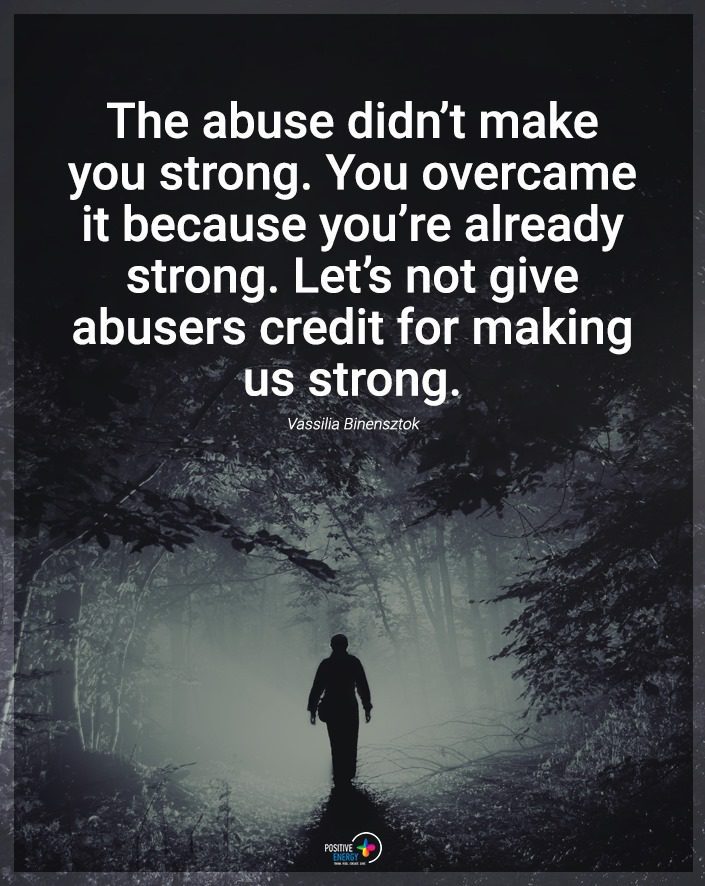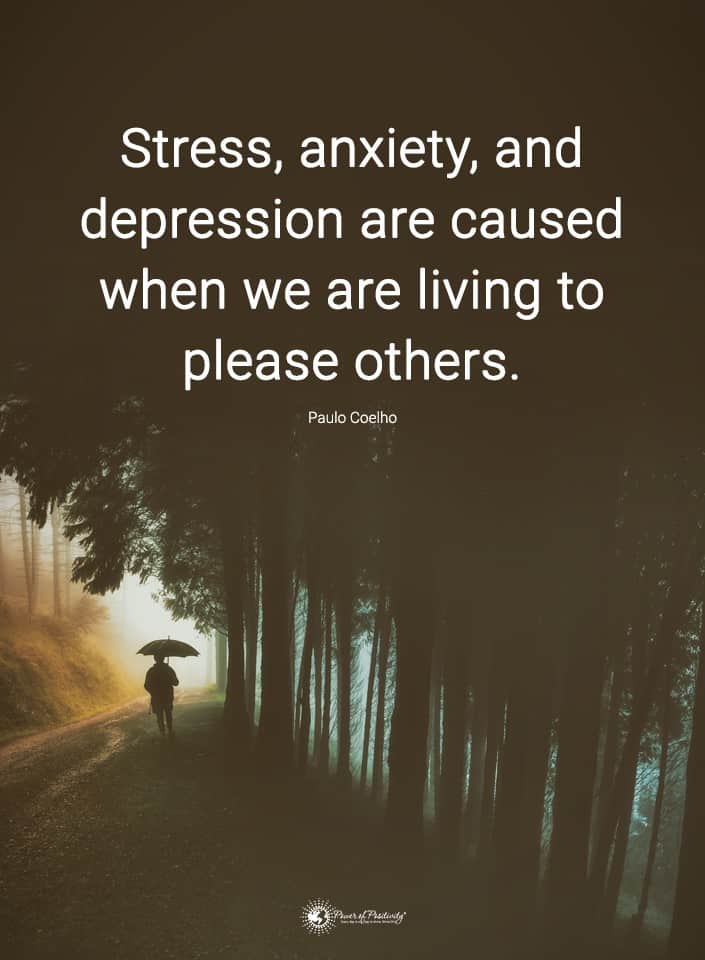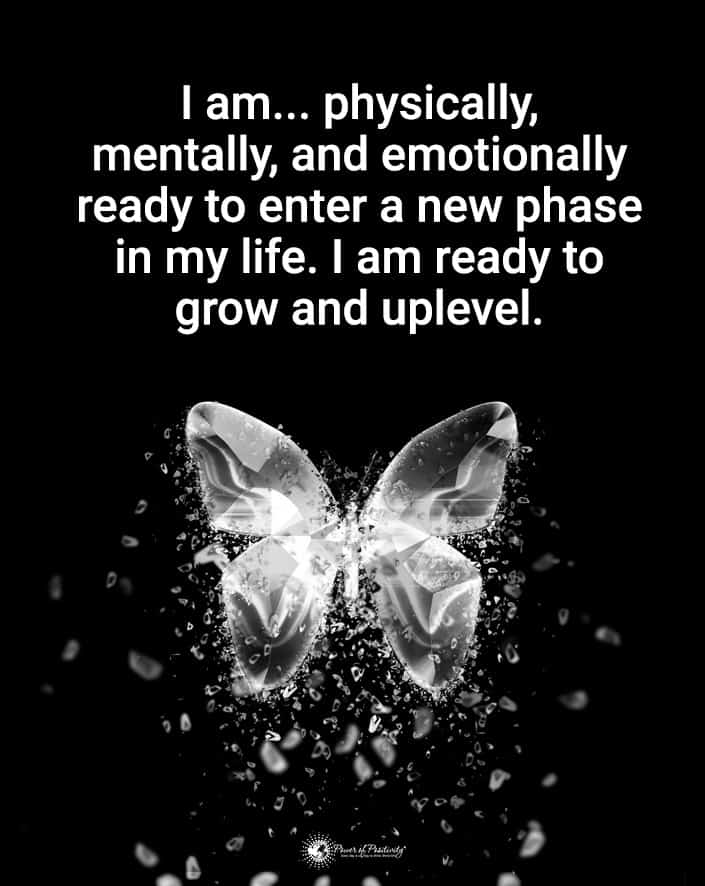Concealed depression can strike anyone at any given time, but many people keep their feelings hidden. Someone you know could be falling apart inside, but they might appear tough on the outside, so they don’t feel like a burden to loved ones or cause themselves any embarrassment.
Depression affects approximately 264 million people of all ages worldwide, according to the World Health Organization.
Concealed depression can fluctuate in severity depending on events going on in a person’s life and vary in duration. Depression stems from many different factors, including genetics, diet, environment, personality, and chemical imbalances in the brain.
Sadly, many people who have depression don’t get the help they need either because they feel embarrassed to speak up about their mental health or because other people had made them feel guilty or weak when they tried to explain their feelings.
Twelve Key Causes of Concealed Depression
Knowing the signs of depression isn’t always easy, as people can hide it very well. Look out for the following signs of hidden depression regarding both yourself and your loved ones so that you and others may get the help you need.
1 – Abuse Can Cause Concealed Depression
If someone has experienced physical, sexual, or emotional abuse, it could cause depression. Even if the person believes the abuse doesn’t affect them anymore, depression can subtly creep in. Addressing the underlying trauma is essential to overcoming mental health issues.Suppressing the memories and feelings won’t help, and turning to unhealthy coping mechanisms will only help temporarily. If you aren’t comfortable talking to someone close to you, consider seeing a therapist for help with your healing process.
2 – Medications
Surprisingly, some prescription medications can cause depression as a side effect. If you think this could be your cause of depression, don’t stop taking it without consulting a doctor first. They might prescribe something different, but continuing treatment for your other health conditions is essential.
Some of the medications that can cause concealed depression include:
- isotretinoin (acne treatment)
- interferon-alpha (antiviral drug)
- corticosteroids (used to treat inflammation)
- barbiturates (anxiolytics, hypnotics, and anticonvulsants)
- benzodiazepines (often used for anxiety, insomnia, or seizures)
- anticholinergics (for stomach cramping)
- beta-blockers (blood pressure medication)
3 – Conflict With Others
If someone is genetically predisposed to depression, conflict with others can trigger it. Personal conflicts and disputes with family and friends can lead to depressive episodes. Likewise, conflicts with a boss or co-worker can cause depression as well.
4 – A Loss Can Cause Concealed Depression
Whether the loss is a death, a job, separation, or anything else, it causes grief that can lead to depression. Grief is normal, but when it begins to affect the other aspects of life, it might be depression. If the grief accompanies feelings of low self-worth, negative thoughts about the future, or suicide, it has manifested into depression.
5 – Women Struggle with Concealed Depression More Often Than Men
Studies show that women are twice as likely as men to become depressed. While no one knows for sure why this is, it could be that women go through many more hormonal changes. Men can still develop depression, but it occurs more frequently for females.
6 – Genetics
Depression can occur as a result of a genetic predisposition. Studies show that there likely isn’t one gene that contributes but multiple genes interacting with each other in different ways. Even having one contributing gene can cause imbalances within your body.
Having a blood relative with depression doesn’t mean you will have depression. Instead, it means that you can develop depression more easily during life changes or other unexpected situations. Plus, you could be more likely to develop depression triggers.
7 – Major live Events
Surprisingly, events that are supposed to bring joy can cause depression. Starting a new job, getting married, having a baby, or graduating are major life-changing events. The drastic change can be hard to overcome, and adjusting to your new life can trigger mental health issues.
Retirement also commonly causes depression, as people who have spent their lives working struggle to adjust. Since they once filled their day with a job, they might not know what to do with their day now. It leads to loneliness, feelings of worthlessness, and a sense of loss in their life.
8 – Social Isolation
Feeling isolated from others can cause depression, no matter the reason for the isolation. Some reasons for being alone typically include being excluded from social groups, struggling to leave your home, or being ill. When someone isn’t around other people that love and care about them, it can quickly lead to poor mental health.
9 – Serious Illness
If you or someone close to you is diagnosed with a serious illness, depression can set in. As you deal with the unknown and experience symptoms and side effects, it can take a toll on your mental health. Seeing a loved one go through an illness can affect you similarly.
10 – Brain Chemistry
Studies show that people with depression have different physical characteristics in their brains. It is still unknown how the changes affect depression, but the link is already there.
So far, the research indicates that neurotransmitters and the way they interact with neurocircuits plays a role. When the brain experiences an imbalance in serotonin, norepinephrine, and dopamine neurotransmitters, it becomes depressed.
11 – Hormones
Changes in the hormonal balance in a body can trigger depression. These imbalances may occur due to pregnancy, childbirth, thyroid problems, menopause, etc.
12 – Substance Abuse
People with substance abuse issues are almost 30% more likely to develop depression. While drugs or alcohol might temporarily make someone feel better, it will only worsen things.
What Happens When You Conceal Depression
Concealed depression affects the entire family as your emotional and behavioral health worsens. You could miss out on treatment options, hindering your ability to overcome depression. Even worse, concealing depression could lead to health complications.
1 – It Can Become Habit Forming
Concealed depression can cause the person to form the unhealthy habit of keeping things to themselves. Keeping things to themselves can further harm their emotional well-being as it doesn’t help them. Keeping things bottled up leads to the inability to let go, and the feelings only get strong.
People might convince themselves that sharing their emotions is a hindrance to others. They might feel like they aren’t important to their loved ones or that it might bother others. Plus, they might not want to receive unhelpful comments or opinions.
2 – Explosive Behavior
Keeping things bottled up can lead to explosive behavior and anger issues. It causes bitterness and other unhealthy thoughts and feelings, leading to detrimental actions.
Explosive behavior can negatively impact relationships with friends, family, and a partner. Sometimes, it even occurs at work, making things tense with your co-workers. People might start to keep their distance to avoid dealing with the behavior.
3 – Intense Feelings of Loneliness
When you hide your feelings from others, it makes you feel alone. The lonely feeling only gets stronger the longer the depression is concealed because you try to hide that anything is wrong. You might begin to avoid people you care about so that you don’t have to talk about your feelings.
Concealed depression can cause you to feel weak or like others are better off without you. It might even cause you to miss out on experiences as you put up an emotional wall. Anytime you try to remedy depression with isolation, it backfires and intensifies your negative feelings.
4 – It Takes a Toll on Physical Wellness
Some of the symptoms of concealed depression include fatigue, lack of focus, and loss of interest in life. You might become so sad that they experience an upset stomach, diarrhea, anxiety, body aches, and other physical issues.
Depression causes additional strain and stress, weakening the immune system and making you more vulnerable to chronic conditions. Left untreated, it can increase your risk of developing diabetes and high blood pressure.
5 – Fluctuating Energy Causes Negativity and Lack of Productivity
If you don’t get enough sleep or sleep too much, it can negatively affect your ability to complete tasks. You won’t be as productive as you should be and will become easily distracted. Plus, your mind won’t be ready to find beneficial solutions to obstacles throughout the day.
Not only does fluctuating energy cause a lack of productivity, but you’ll express negative energy, as well. Negative energy leads to bitterness, irritability, and impatience with others. Fluctuating energy levels might cause you to snap at others and say things you later regret.
6 – Unhealthy Dietary Habits
Concealed depression can cause people to find comfort in other ways, such as overeating and making unhealthy dietary choices. Other times, people find comfort in self-discipline and choose not to eat when they are upset.
If you struggle with this, you might skip meals or consume large amounts of junk food. You will experience sudden weight gain or loss as your perception of food changes.
7 – You Become a Risk to Yourself and Others
Hiding your depression can cause feelings of despair and worthlessness. These feelings can lead to suicide, as experts believe someone with concealed depression is more likely to have suicidal thoughts. You become a risk to others when your explosive behavior becomes physically or mentally harmful to those around you.
8 – You Miss Opportunities to Get Help
If no one knows you have depression, you could miss out on chances to get help. Someone you know might have experience with it, and they can give you their insights and advice. Or, they could offer emotional support to let you know you aren’t alone.
Here Are Seven Key Signs of Concealed Depression
Do you know how to identify concealed depression?
1 – A Loss in Activities Someone Used to Enjoy
Many people with depression find that they have no interest in doing much of anything, and just getting out of bed can seem like an insurmountable task most days. People who are depressed try to engage in things they once found enjoyable but don’t find these activities pleasurable anymore. For example, if you once loved to dance, but just the thought of getting up and moving seems like torture, you might have concealed depression.
2 – Lacking Energy Much of the Time
One of the biggest indicators of concealed depression is a lack of energy, which stems from the inability to sleep at night or the constant feelings of hopelessness and despair that plague the mind. Both of these can cause severe exhaustion, making it difficult for those with depression to get out of bed most days. However, you can combat these feelings by eating a healthy diet, drinking plenty of water, exercising, and socializing even if you don’t feel like it. Also, ensure you don’t schedule too much in one day to not become overwhelmed.
3 – Either a Loss or Increase in the Appetite
Another common symptom of concealed depression is overeating or losing interest in food. Gary Kennedy, MD, director of geriatric psychiatry at Montefiore Medical Center in Bronx, New York, says, “A sudden change in weight, either gaining or losing, can be a warning of depression, especially in someone who has other symptoms of depression or a history of depression.”
Both scenarios can lead to severe complications, so if you notice yourself having no appetite or eating to appease your emotions, you could be depressed.
4 – Regular Insomnia
According to WebMD, 80% of adults with depression have trouble falling or staying asleep. Patients who have chronic insomnia have triple the chance of developing depression compared to those who don’t have insomnia. Many doctors believe that most patients would see a drastic decrease in their depression symptoms by treating insomnia. While a couple of nights of tossing and turning don’t signal depression, not being able to fall and stay asleep over the course of weeks or months could point to a deeper issue.
If you find that you have trouble sleeping most nights, and you’ve noticed this happening consistently over a long period of time, you might suffer from concealed depression.
5 – Abusing Substances to Cope with Concealed Depression
Not only is substance abuse a common cause of concealed depression, but it can also be the result of this condition.
Many people use substances for various reasons, but it can indicate concealed depression in some people. Most of the time, people want to escape their minds and emotions for a short amount of time and easily become addicted to the substance since it provides the desired result. While this is a more obvious sign of depression, someone who abuses substances such as drugs and/or alcohol might try to deny their depression and say they use it for other reasons.
6 – Denial of the Problem
People with depression have become skilled at covering up their true feelings, either so they don’t have to go through the hassle of telling someone about their struggles or because they feel embarrassed. Either way, if you notice that someone you love tends never to complain and keeps their feelings to themselves most of the time, they might have concealed depression.
7 – Wanting to Spend Unhealthy Amounts of Time in Isolation
People with depression lose interest in many activities and people they once loved and tend to isolate themselves from others. A good indicator of depression is turning down social activities most of the time and spending most of the time alone in their own room away from others.
Final Thoughts on Signs of Concealed Depression
When someone has concealed depression, it can be hard to figure it out. They do anything they can to hide the issue, even going as far as to deny it themselves. Concealed depression leads to more life-threatening problems, so identifying it is essential.
Learning the signs is the first step to helping yourself or someone in your life overcome depression. Without treatment, depression can drastically decrease your quality of life and overall well-being.

















 Community
Community

